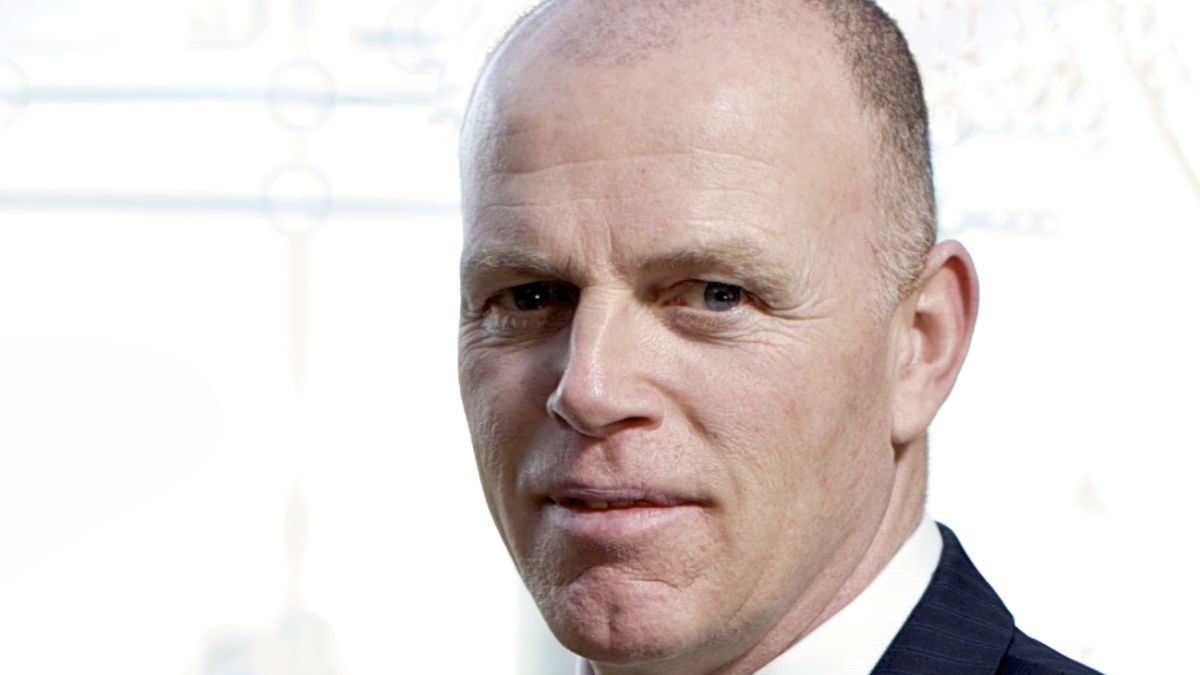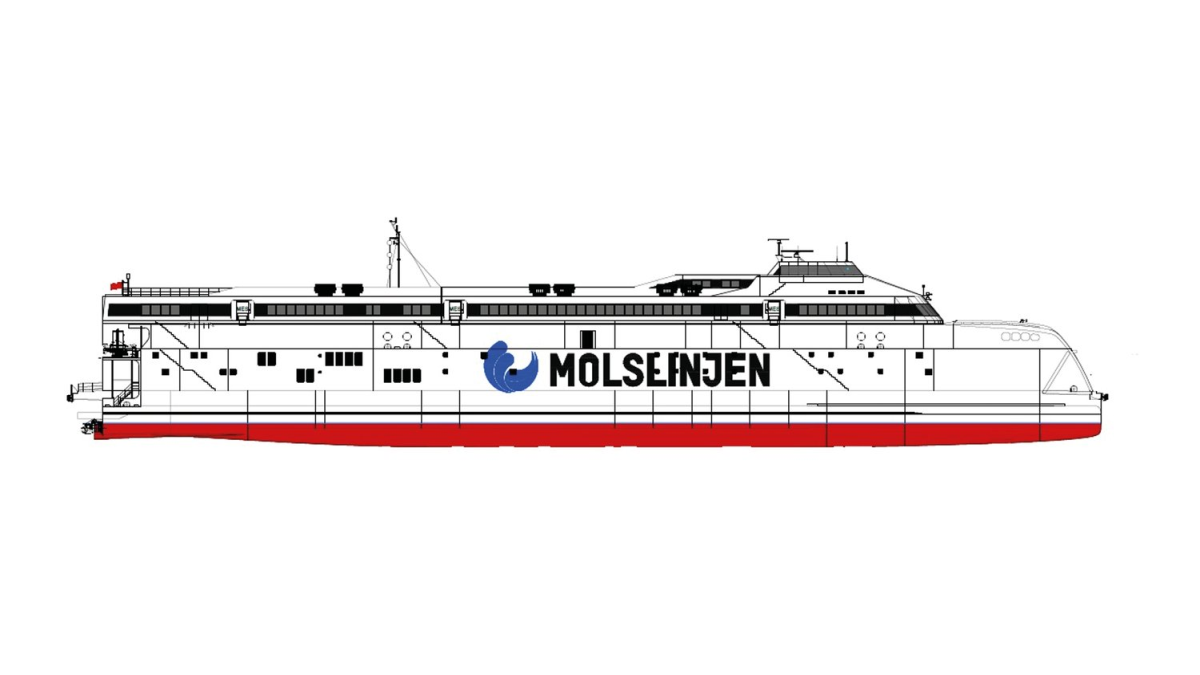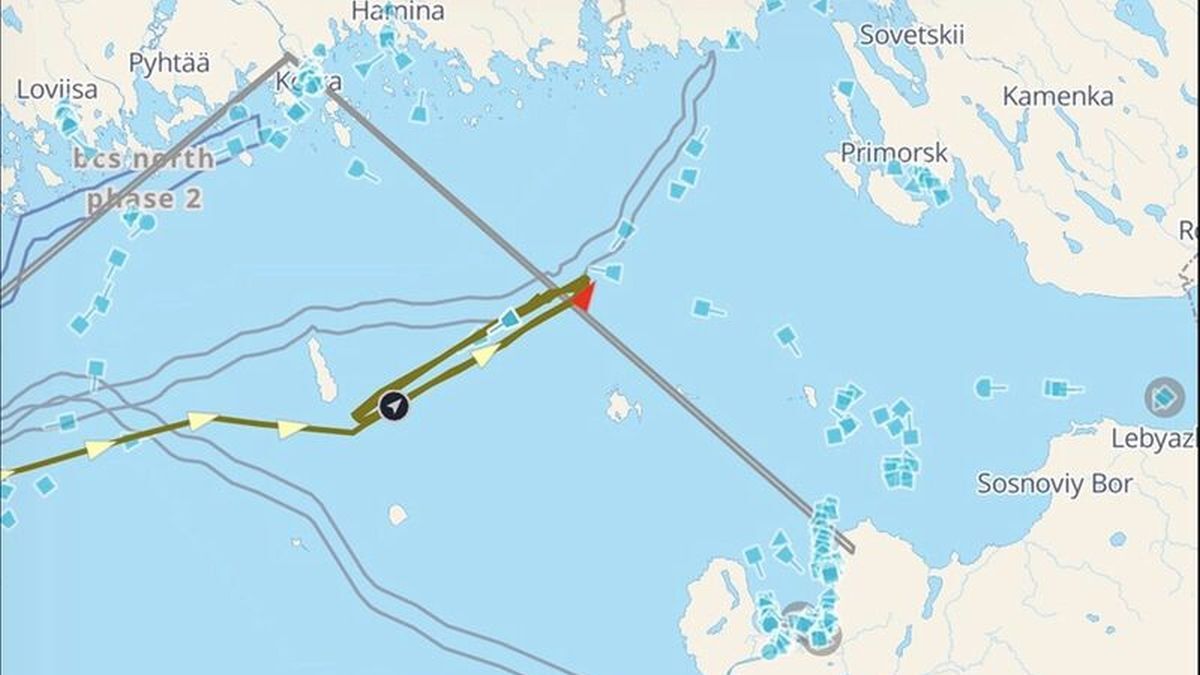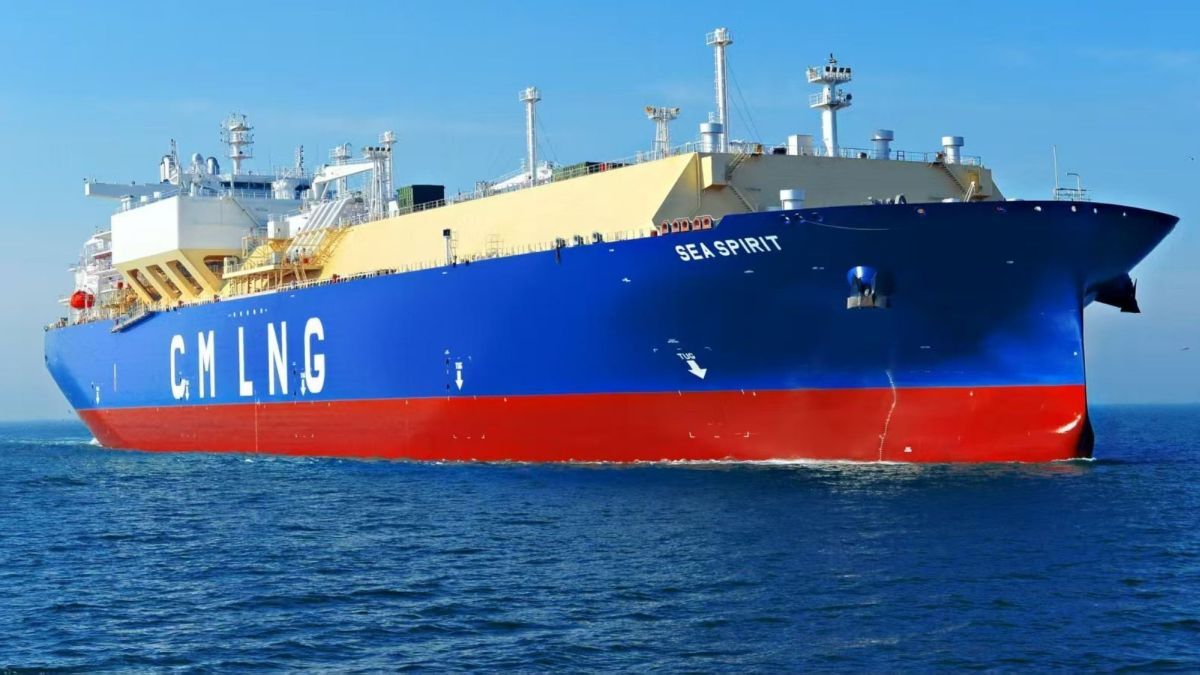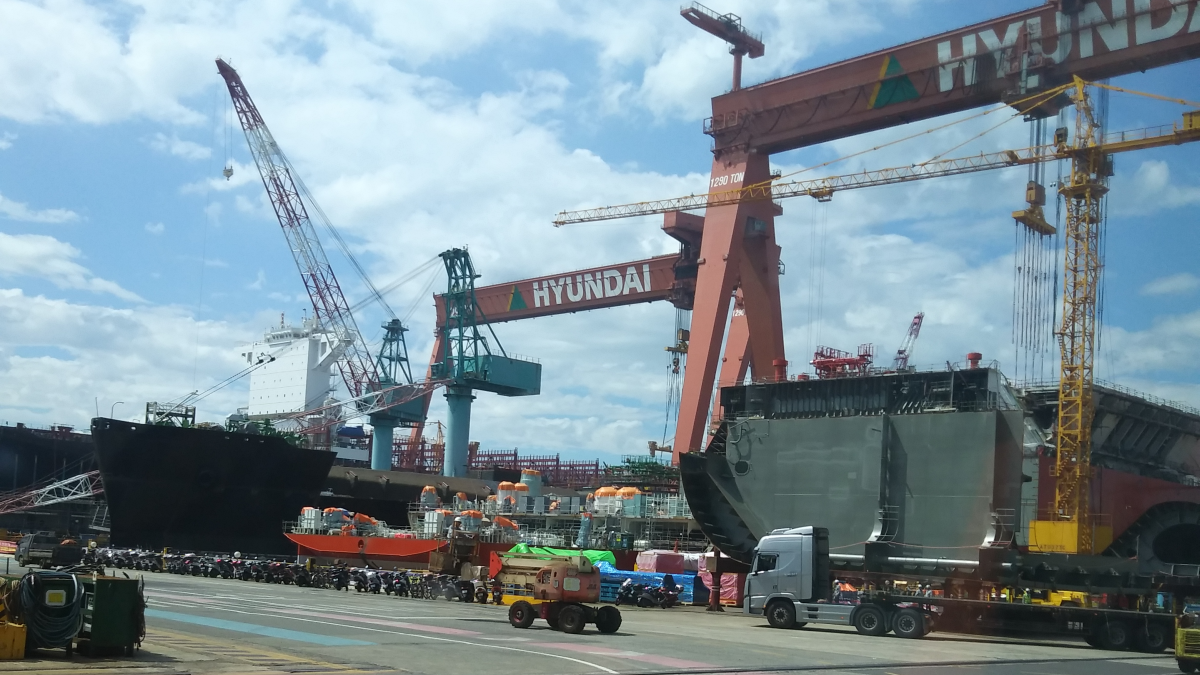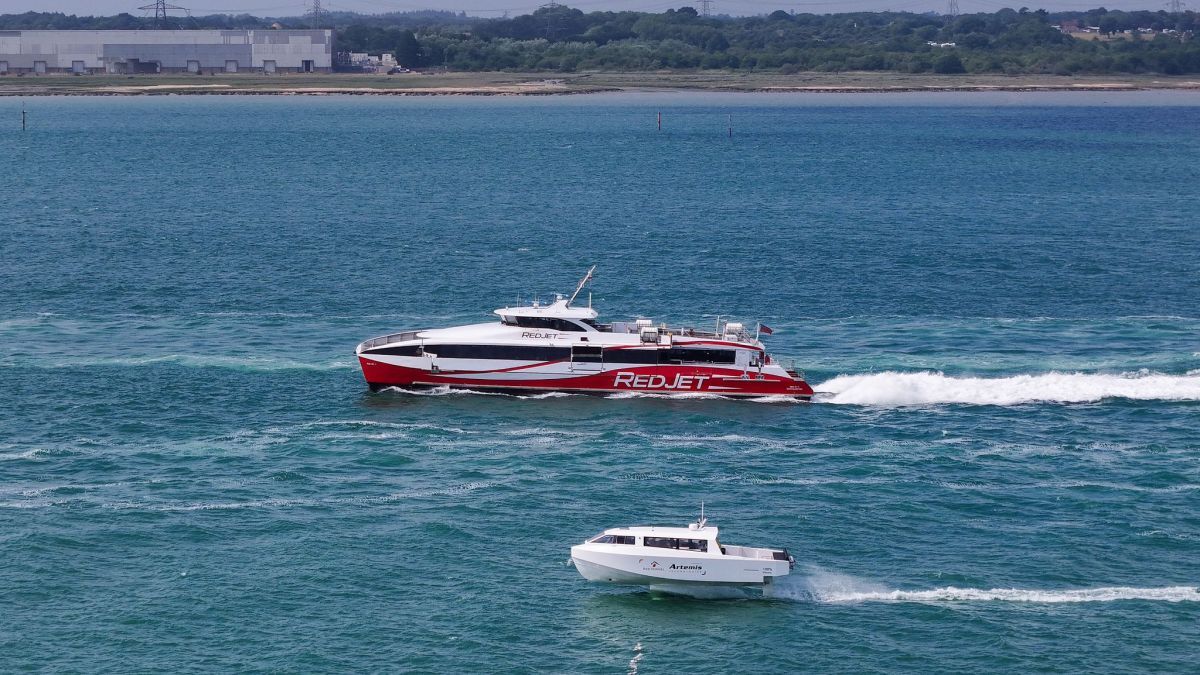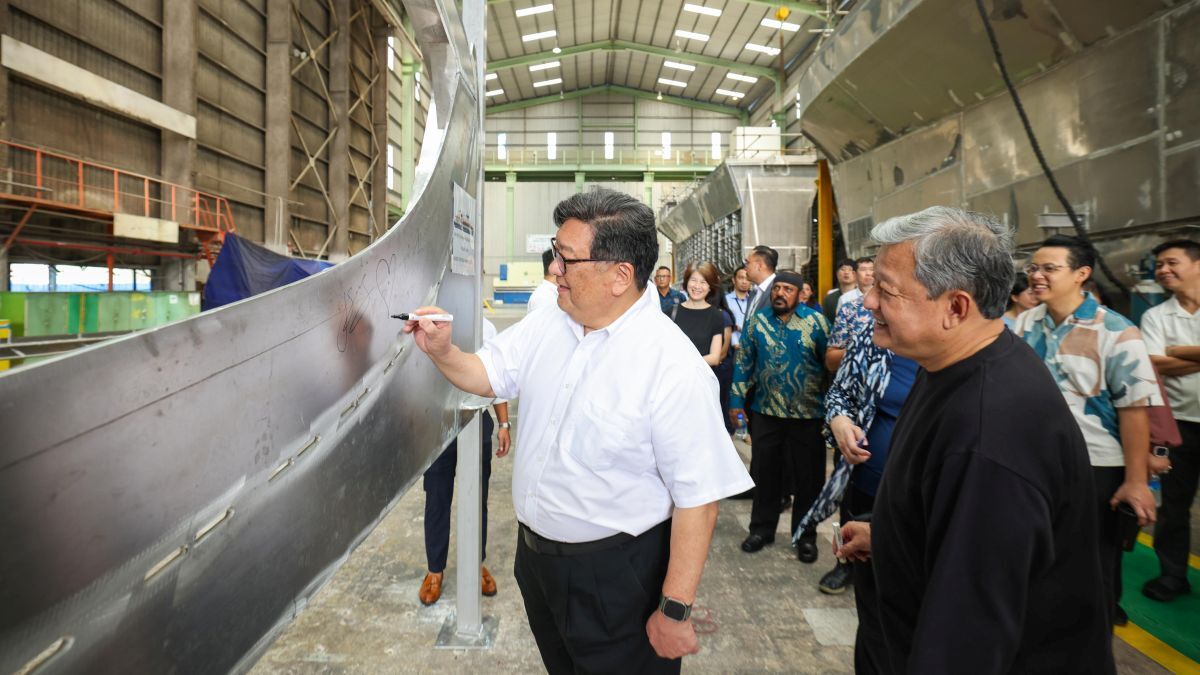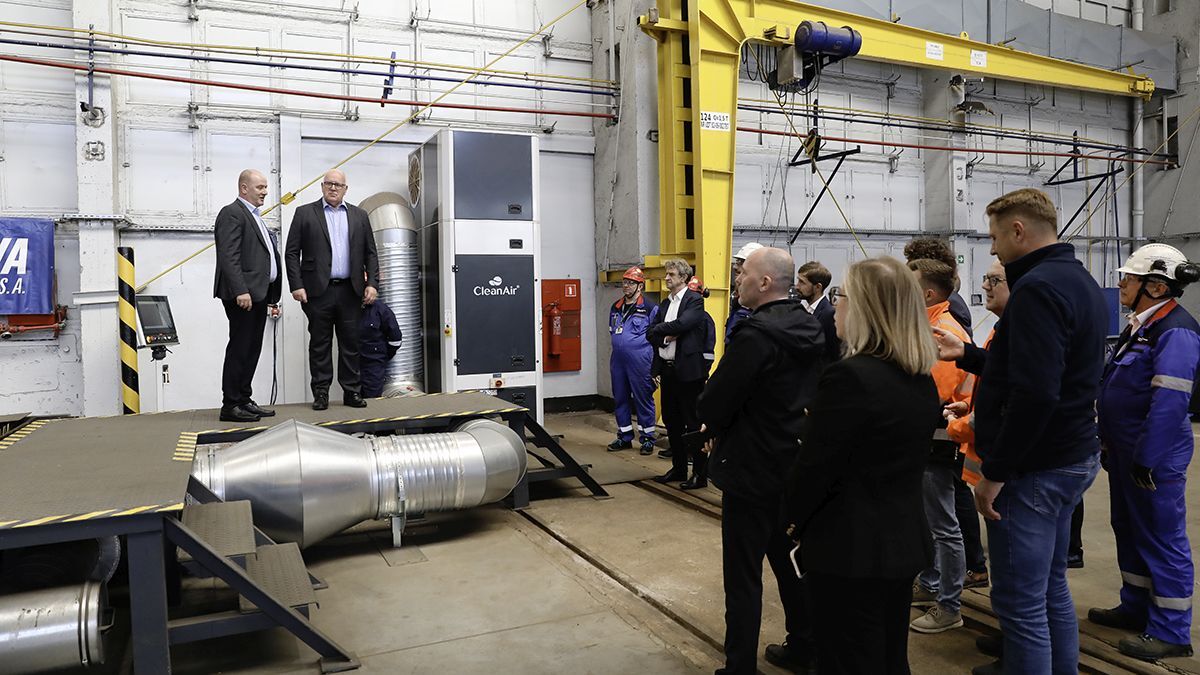Business Sectors
Events
Contents
Facing up to the Covid challenge
Interferry chief executive Mike Corrigan explains how a positive outlook could help ease the pain of the pandemic
The crippling impact of the worldwide Covid-19 pandemic declared in March last year is still a dominant fact of life for the ferry community, as for society at large.
Hope is on the horizon, but it has become clear that a sustainable recovery of health and wealth will demand commitment to a long-term mindset.
Everything we know so far about this devastating disease suggests it will not be disappearing any time soon, if ever. In the absence of a once-and-for-all cure, we must therefore learn to live with it. That need not be nearly as bad as it sounds. Although easier said than done, by adapting to a world where Covid is with us for the long haul, ferry operators and their suppliers are well positioned to turn the table on this enemy from a business development standpoint.
The global ferry sector is steadily embracing this proactive outlook in reaction to a truly savage beast. As the trade association representing more than 260 members in 40 countries, Interferry has been in prime position to observe Covid’s unprecedented toll on the industry. Pre-pandemic, we were celebrating years of exceptional, often record, traffic growth and a booming newbuild orderbook. The subsequent lockdown enforced cuts in services and staff that may yet prove permanent.
Notably, the initial ban on all but essential travel saw an immediate drop of 75-100% in passenger traffic. This market is a crucial source of profitability for multi-purpose operators, who have lost billions in revenue while largely confined to delivering lifeline goods. A limited easing of travel restrictions last summer helped to rally passenger numbers, but volumes were – and remain – 50-75% below normal, so ropax carriers are still haemorrhaging financially.
However, the response to such challenges encourages me to believe that even the dark cloud of Covid could have a silver lining. Several companies have maintained fleet renewal or expansion projects throughout and despite the pandemic, while others that have deferred such investment are busy preparing to follow. This demonstrates the established truth that capex is ultimately an immovable business necessity. Older ferries must be replaced, while existing as well as new ferries must conform to exacting new safety and environmental regulations. That much is already evident from the wave of investment being driven by pending IMO requirements to reduce greenhouse gas emissions from as early as 2023.
But now there is a new twist on capex. After evaluating various post-pandemic scenarios, operators are specifying newbuild and modification features that meet Covid-safe standards being introduced by classification societies. Significant business gains are in prospect for suppliers who can satisfy the shift to such technology – ideally with government aid to help support their R&D initiatives.
Ferry operators also stand to benefit from the Covid-safe environment now demanded by consumers. Interferry anticipated last year’s easing of the lockdown by sending members specially developed ‘best practice’ guidelines for the safe resumption of passenger services. Based on feedback from members, the guidelines cover shoreside and shipboard measures to protect passengers, staff and crew – ranging from booking, check-in and boarding procedures to hospital-standard onboard sanitisation regimes and limitations on passenger numbers and facilities. The guidance was also circulated to governmental bodies around the world and widely adopted as a blueprint for safe travel.
Meanwhile, added to the ferry industry’s Covid-safe leadership, the gathering pace of inoculation programmes also gives grounds for cautious optimism that economic recovery can start in earnest this year if we see something approaching a normal summer holiday season. In this context, the main concern is that there is little or no uniformity on travel restrictions among different countries, so right now it is very hard to make any firm predictions. But one thing is certain – we are ready and able to meet any challenge.
Riviera Maritime Media’s Passenger Ship Webinar Week is being held 27 April 2021 – use this link for more details and to register
Related to this Story
Events
Offshore Support Journal Conference, Americas 2025
LNG Shipping & Terminals Conference 2025
Vessel Optimisation Webinar Week
© 2024 Riviera Maritime Media Ltd.


